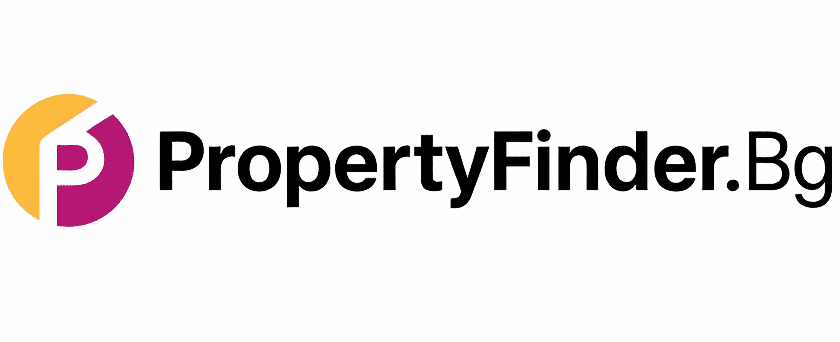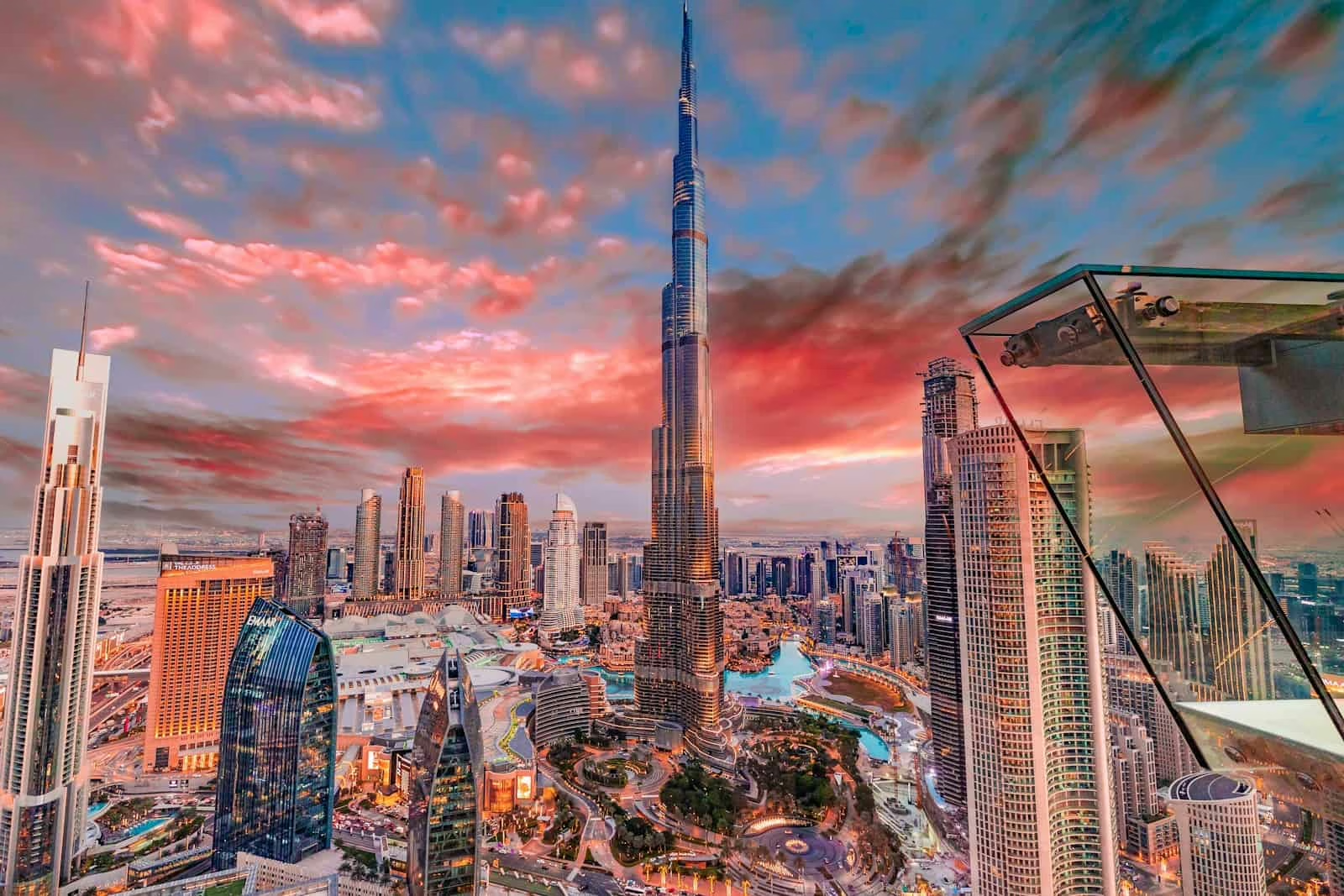Content
Dubai is often touted as a tax haven for real estate investment, mostly because of its lack of taxes on rental income and capital gains. This is a huge advantage, but it is a misconception to believe that buying property in Dubai is devoid of additional costs. In fact, there are a number of hidden fees in Dubai, or rather less obvious commissions and charges, which can significantly increase the overall value of your investment if you are not prepared. Understanding these is essential to budget properly and avoid unpleasant surprises.
The overall spending landscape in Dubai
Before we dive into the “hidden” fees, let’s recap the main ones that are more well-known:
- Dubai Land Department Transfer Fee (DLD Transfer Fee): this is the largest cost and is usually 4% of the purchase price of the property payable by the buyer. Everyone usually knows about it.
- Estate agency commission: usually 2% of the purchase price + 5% VAT on the commission.
These two major expenditures are mandatory and expected. “However, ‘hidden’ charges often arise from other stages of the process or specific features of the property.
“Hidden fees and unexpected costs when buying a property in Dubai
- No Objection Certificate Fee (NOC):
- What it is: A document issued by the developer or homeowners association (HOA) that confirms there are no unpaid fees or other obligations to them and that the property can be transferred.
- “Hidden” aspect: although generally paid by the seller, in some cases, especially in a strong sellers’ market or in below-market transactions, the buyer may be forced to bear this fee. The amount ranges from AED 500 to AED 5,000 or more, depending on the developer and the community.
- Mortgage Registration Fee:
- What: If you finance your purchase with a mortgage loan, you will owe DLD a mortgage registration fee.
- “Hidden” aspect: this fee is 0.25% of the mortgage loan value (not the property price) plus AED 290 administration fee. Often buyers focus only on the interest rate of the loan, forgetting about this one-time but significant expense.
- Valuation Fee:
- What it is: With a mortgage, the bank will require an appraisal of the property by an accredited appraiser.
- “Hidden” aspect: this fee, usually between AED 2 500 and AED 3 500, is paid by the buyer to the valuation firm. It is a mandatory part of the mortgage process but is not directly linked to the price of the property.
- Charges for opening a DEWA (Dubai Electricity and Water Authority) account:
- What it is: To connect the property to Dubai’s electrical and water mains.
- “Hidden” aspect: a refundable deposit is required (typically AED 2,000 for an apartment and AED 4,000 for a villa), plus activation fees (around AED 130). Although refundable, the deposit is a blocked amount that you need to budget for.
- District Cooling Fees:
- What it is: In many new buildings in Dubai, cooling (air conditioning) is provided by centralised systems (District Cooling) and paid to individual companies such as Empower or Emicool rather than DEWA.
- “Hidden” aspect: an activation fee and/or deposit (can range from AED 2,000 to AED 6,000) is payable upon connection. In addition, monthly bills include a fixed capacity charge (demand charge), even if you do not use cooling, and a variable demand charge. This fixed charge can be surprisingly high.
- Service and Maintenance Charges (Service Charges / Community Fees):
- What it is: Annual fees paid to the developer or homeowners association for maintenance of the common areas of the building/complex.
- “Hidden” aspect: Despite being annual, buyers often underestimate their size. They are calculated on a per square foot basis and can range from AED 10-20 to AED 30-40 or more per square foot annually, depending on the developer, quality of amenities and location. For example, for a 1,000 sq. ft. apartment at AED 20/sq. ft. the annual fees would be AED 20,000 (about €5,000). Some developers require prepayment for several months or even a year ahead when transferring ownership.
- Oqood Registration Fee:
- What it is: When buying off-plan property, the preliminary agreement (Oqood) is registered with DLD.
- “Hidden” aspect: this fee is usually 4% of the purchase price of the property, similar to the transfer fee for a completed property. Although it is clearly stated, some investors may omit it in their preliminary budgeting, believing they are only paying for a completed property.
- Legal Fee/Attorney’s Fee:
- What: For the services of an independent solicitor to carry out a legal review and advise you.
- “Hidden” aspect: although highly recommended, this expense (usually AED 5,000 – 15,000) is not legally required and some buyers try to save it, which is risky.
How to avoid unpleasant surprises?
- Detailed budget: always set aside an extra 10% to 15% (and sometimes 20% for off-plan properties) of the purchase price as a buffer for all those fees and costs.
- Ask Direct: Ask specific questions of the broker, seller and developer about all possible fees, including NOC fees, cooling fees, service charges and utility deposits.
- Work with professionals: a reliable and experienced broker, lawyer and consultant will inform you of all potential costs from the outset.
- Read the fine print: carefully read all contracts and agreements, especially those for service and maintenance.
Conclusion
Property investment in Dubai offers unique advantages, but success depends on a full understanding of all the financial aspects. The lack of taxes on rental income and capital gains is a big plus, but should not overshadow the importance of Dubai’s hidden fees and other costs that can have a significant impact on the overall value of your investment. Be informed, budget wisely and rely on expert advice to ensure a smooth and profitable transaction.
You might also like:
- Investing in the Costa del Sol: How to protect yourself from the risk of fires and extreme heat?
- Mortgage for Foreigners in Europe: Spain, Greece & Italy Compared (2025)
- How to Buy Property in Dubai: A 2025 Guide for International Investors
This post is also available in: Български







